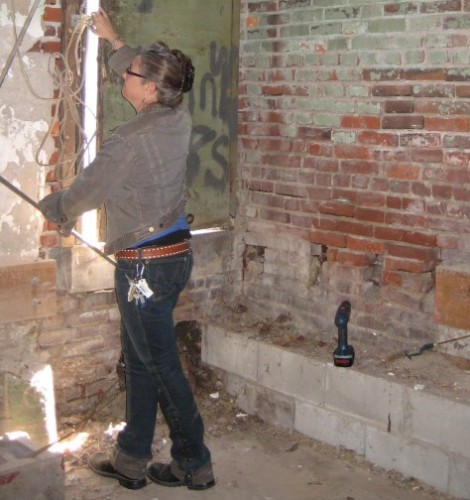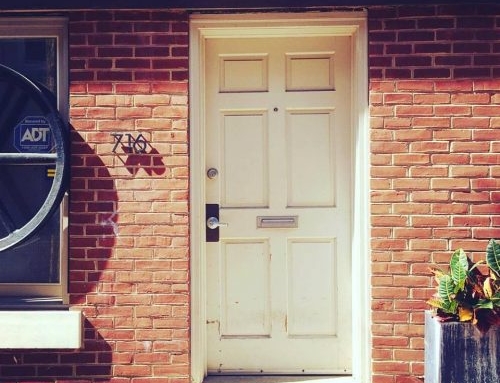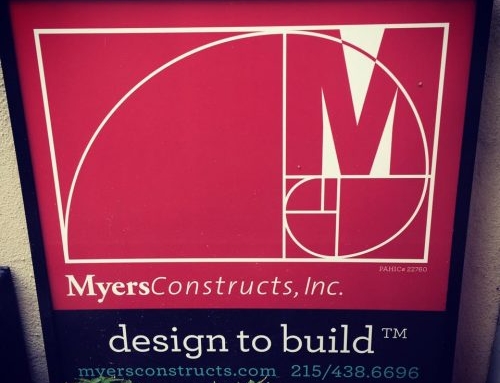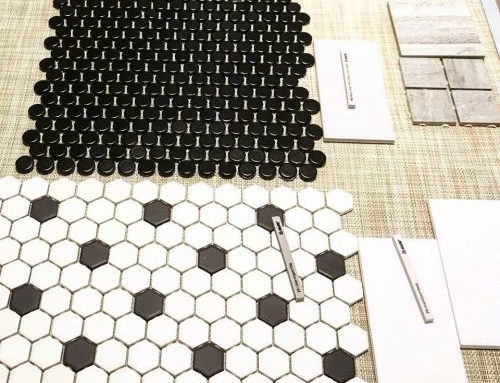Home Inspections: You Get What You Pay For

In our line of work, we see a lot of home buyers who try to save money in the purchase process by either skipping a home inspection or shopping around for the lowest-cost option. Interestingly, we see this across the purchase price spectrum, from small homes priced at $150,000 to luxurious properties valued at over $1M. This is a huge mistake with serious potential repercussions. A home purchase is the largest investment most people will ever make, so it is very important to do thorough due diligence before signing on the dotted line. You can expect to spend several hundred dollars on a professional home inspection, and the price will vary based on the inspector’s credentials and the size and location of the home. This is money well spent! Negligence during this phase of a home purchase can mean having to deal with serious and expensive problems down the line.
Here are our tips for a successful home inspection process:
-
- Hire a licensed and experienced home inspector, and accompany him on his visit to your prospective new home. Bring your buying agent with you. Ask lots of questions. Take notes and photos. This is your opportunity to learn about the house you are buying. On a small home, this might take a few hours; a larger home with complicated systems may take a few days to inspect properly.
- Every home inspector has general knowledge, as well as a specialty such as heating systems, structural systems, or particular building methods. If you suspect certain potential issues in the home you want to purchase, lean towards an inspector with some deeper knowledge in that specialty area. Don’t just select an “off the shelf” pro.
- If you have a relationship with a design build contractor, have them survey the house for potential needed repairs and estimate the associated costs. Expect to either pay them for their time, or hire them to do the repairs. Keep in mind that the home inspector is not a design build contractor, so they can only provide general cost information about repairs. Likewise, a design build contractor is not a home inspector, so their advice cannot replace the inspector’s official report. However, the combination of the two professional opinions is invaluable.
Case in point: One of our repeat clients recently put in an offer on a $1.7M home and hired us to ballpark their planned renovations. They had a very good home inspection performed, too. The inspector brought out a thermal scanning gun that detects moisture and found tremendous water-infiltration problems around every window and door in the house. Basically, the stucco work/window install was all wrong from the standpoint of systems used. From inside the house, one could only see a little popped drywall tape that indicated anything was amiss. Together, we were able to give the home buyer the best inspection and repair price information for this massive hidden problem.
- Once you have reports from both professionals, you can have your agent go back to the sellers with requests for repairs or equivalent negotiations in purchase price. Don’t expect the seller to pay for cosmetic or subjective things like cabinet style upgrades, paint color, or even replacement of knob and tube wiring if it is working properly. Do request the sellers correct or compensate you for any true infrastructure deficiencies.
- Finally, keep in mind that the seller has an obligation to provide a Disclosure Statement which, except in cases of new construction, identifies any “latent” defects which may not be readily apparent to you. Carefully scrutinize this statement, and address any red flags that it raises.
If you have questions about this process, please don’t hesitate to contact us.
Related reading: Choosing a Contractor — The Inside Scoop





